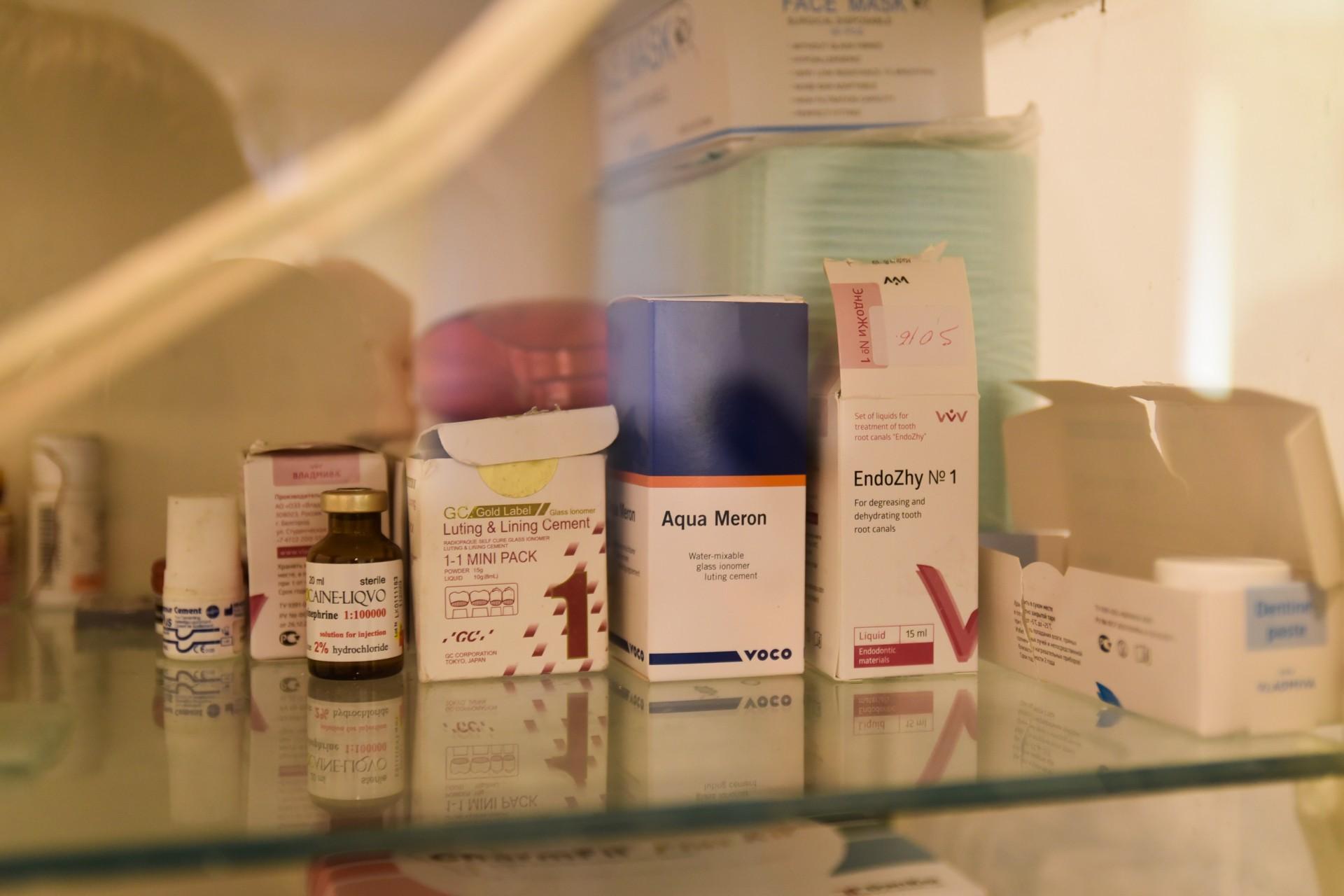
Armenia: Prison Inmates Continue Getting Medicines from Their Relatives
Garik Stepanyan is an inmate at the Goris Penitentiary. He has served more than ten years of his sentence.
Stepanyan complains of severe headaches for which he takes medicine and gets frequent injections.
He says he was healthy before being transferred to the penitentiary. Now his medical assessment lists ischemic heart disease, arterial hypertension, stable angina, hydrocephalus, cephalic disorder, varicose veins in the lower limbs, degenerative joint disease of foot and several other ailments.
Stepanyan walks with a cane due to degenerative joint disease. Its treatment is surgical, but the Goris Medical Center does not perform the surgery.
Stepanyan gets most of the drugs from the penitentiary, but there are drugs that are not on the penitentiary list, such as Triplixam, which he buys on his own, paying 6,000 drams a month.
He says that the penitentiary can only provide a substitute drug that does not help him.
In response to Hetq’s written inquiry, Deputy Secretary General of the Ministry of Justice Narek Ghazaryan said that the relatives of prisoners often bring specific painkillers, antiulcer, hypertensive and allergy medications, while the institution provides substitutes.
Medical departments of penitentiaries generally receive painkillers, antiulcer, hypertensive, infusion, psychotropic drugs, as well as antibiotics, antihistamine and antidiabetic drugs.
Medicines delivered by inmate relatives are recorded in the appropriate registers, and the prescriptions mention that these medicines are brought by relatives, and their receipt should be confirmed by the inmate’s signature.
There is no name registration of the drugs brought by relatives: they are only counted. Therefore, it is not possible to find out the names of medicines that the prisoners receive through their relatives.
Hetq has studied the list and the quantity of medicines provided to the prisoners, as well as complaints of doctors and convicts regarding medicines. We have also studied the contracts of the supplied drugs and those signed with the importing companies. We visited penitentiaries and talked to medical professionals.
Benik Antonyan, Chief Medical Specialist at the Armavir Penitentiary, says that because the penitentiary is crowded (it is the most populated penitentiary), they quickly run out of medications.
"There are some medicines that are given out quickly, and there are also medicines that are shipped less. We don’t tell them to get it from the outside: it is their wish. We are told that we should accept it if they bring any,” says the doctor, adding that they get mostly painkillers and medications for gastrointestinal tract diseases. Oncology patients are not kept in detention, they are sent to the Convicts’ Hospital
Small Quantity of Neuroleptics in Penitentiaries
Naira Darbinyan, a day care nurse at the Armavir Penitentiary, says the number of neuroleptic (sedative) drugs in prison is low. In both this and other penitentiary institutions neuroleptic drugs are prescribed by a physician under special supervision.
The psychotropic drugs provided to prisoners with mental disorders are mainly produced in Armenia. Most of the drugs are manufactured by Arpimed LLC.
There are also medicines of Russian origin. While visiting penitentiaries, some doctors anonymously complained about psychotropic drugs of Armenian production, saying that they were not effective.
According to Deputy Secretary General of the Ministry of Justice Narek Ghazaryan, in 2013-2017, 43 million drams were allocated for medicines and medical supplies for detainees and convicts from the state budget. This was not enough to provide quality medical care to patients.
Starting in 2018, 150 million AMD has been allocated for their medicines and medical supplies.
Ghazaryan says that the acquisition this year is based on last year’s statistics, and studies over the most widespread illnesses among prisoners.
In 2017, Armenia’s Human Rights Defender issued a report mentioning the lack of proper provision of medical care and medication in penitentiary institutions and documenting several violations.
Despite the rise in the budget allocation for this matter, convicts continue to receive medicines from their relatives, and medicines are also provided to those receiving treatment at the Convicts' Hospital.
As of November 2019, 1,760 units of various medicines were brought by relatives of inmates at the Armavir Penitentiary, with around 2.5 units of medicines per prisoner, 8.7 units of medicines at the Convicts’ Hospital, and 3.4 units for those in the Noubarashen Penitentiary.
Penitentiary Medical Centre SNCO Supervises Medicines in Prisons
The Penitentiary Medical Centre SNCO has been operating since September 2019. Currently, medicine is distributed by the Penitentiary Medical Centre to the penitentiaries.
The Ministry of Justice has provided purchase information on drugs and medical supplies for 2016-2019 (as of November 13, 2019).
Studies show that in 2016-2018, most of drugs and supplies in the penitentiaries were purchased from Natali Pharm LLC, owned by the family of former MP Samvel Aleksanyan.
During 2016-2019, medicine and medical supplies bought from this company amounted to 50.6 million AMD. According to the data of the first 8.5 months in 2019, Richter-Lambron LLC is in first place.
After the purchasing process is accomplished, penitentiary medicines are collected and stored at the Convicts' Hospital, being sent to 12 penitentiary institutions on request.
Susanna Ashrafyan, a pharmacist at the Penitentiary Medical Centre SNCO, says that all penitentiaries are provided with appropriate medication, and that they exercise proper control over quality, quantity and expiry dates.
Ashrafyan says some patients do not agree to take generic medicines and prefer to receive brand names via relatives. She adds that some agree to take the genetic brands after being told they can be as effective as the brand name ones.
The pharmacist notes that prisoners often think that they are given cheap medication. She says that even if the medication is inexpensive, it does not mean that it is of poor quality, as the price of the drug often depends on the country of manufacture.
No Anti-Cancer Drugs in Penitentiary Institutions
As of December 12, 2019, there are six prisoners in Armenia with oncological diseases. Three are in the Hospital for Convicts, one of whom undergoes immunotherapy treatment, two are in Armavir Penitentiary, and one - at the Yerevan-Kentron Penitentiary.
Penitentiary Medical Centre SNCO Deputy Director Kamo Manukyan told Hetq that prisoners in need of immunotherapy and surgery are being transferred to the Fanarjian National Center of Oncology. They are returned to their penitentiaries for the postoperative period.
Photos by Ani Sargsyan and Grisha Balasanyan
 Videos
Videos Photos
Photos




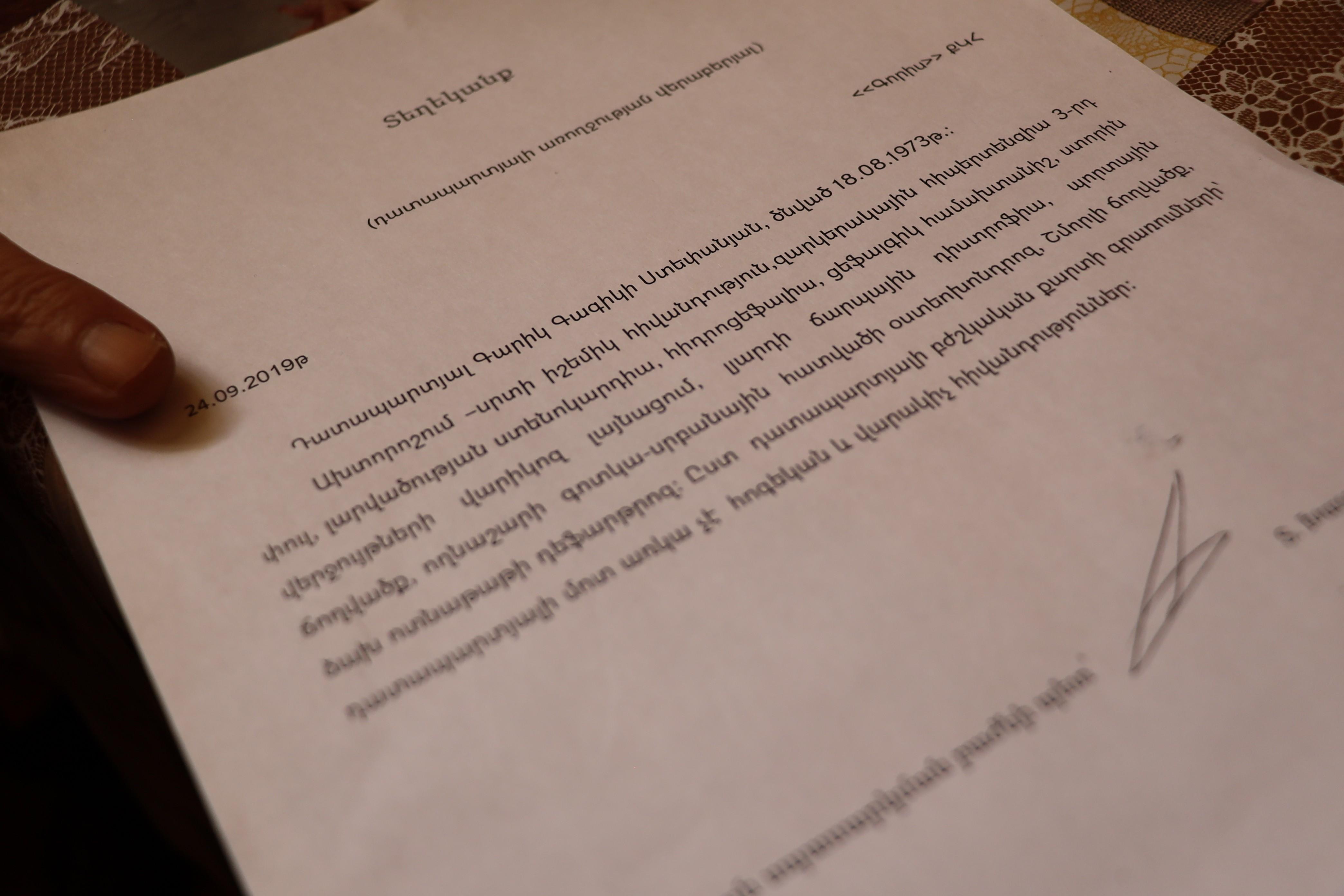
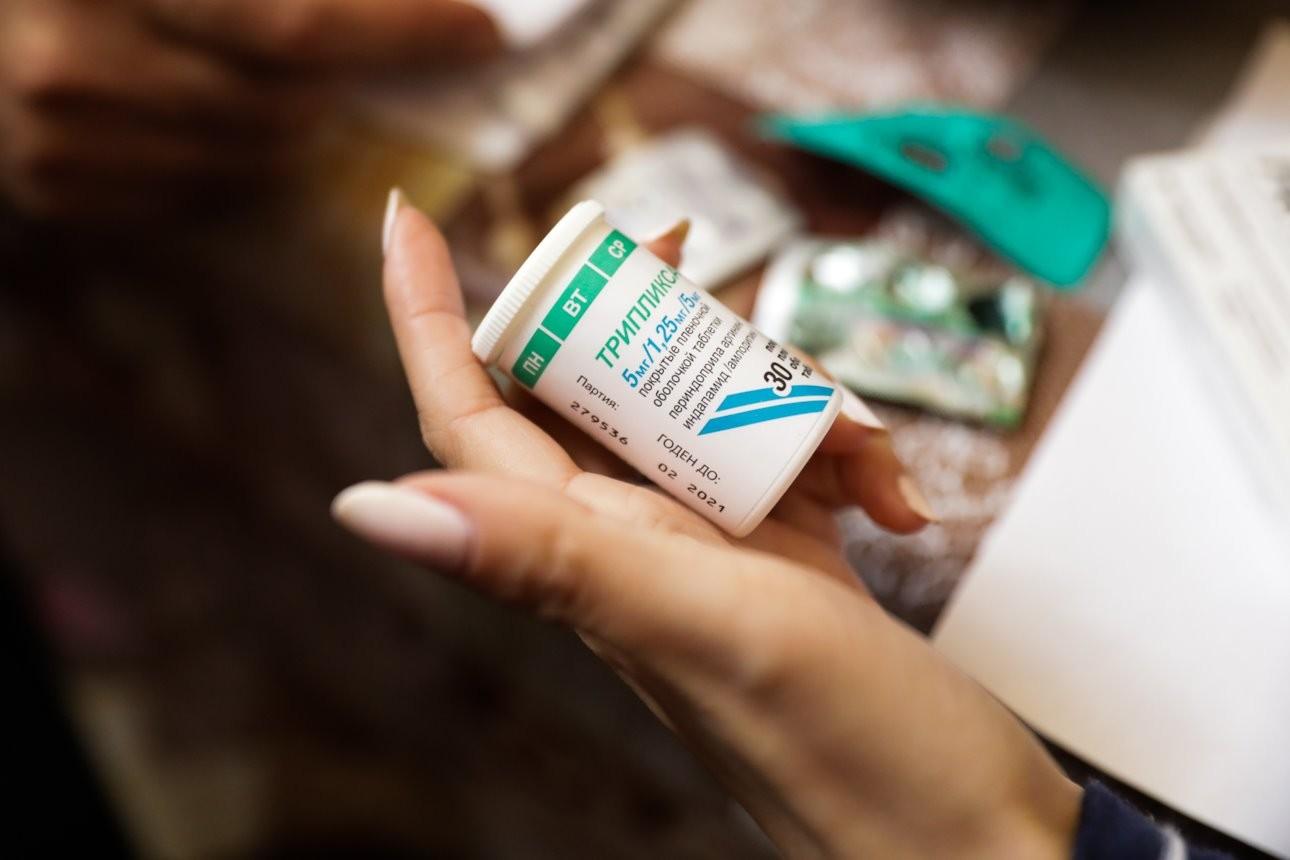
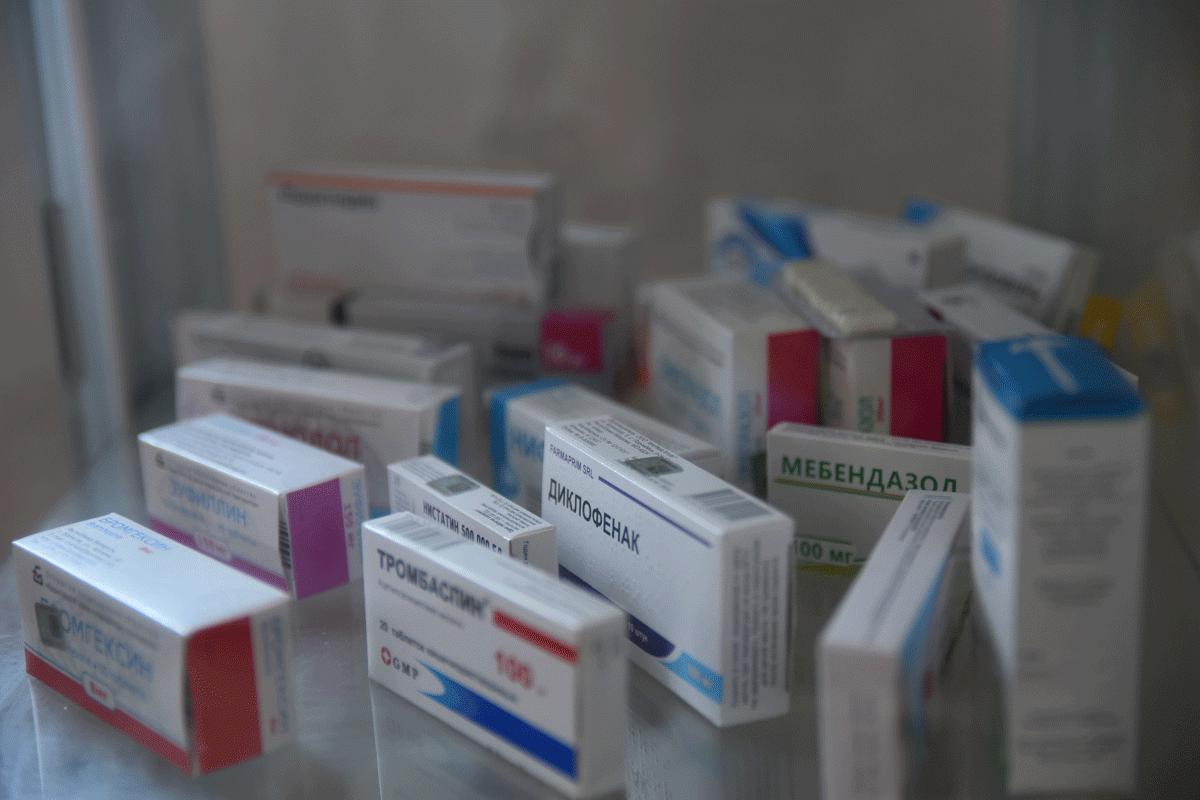
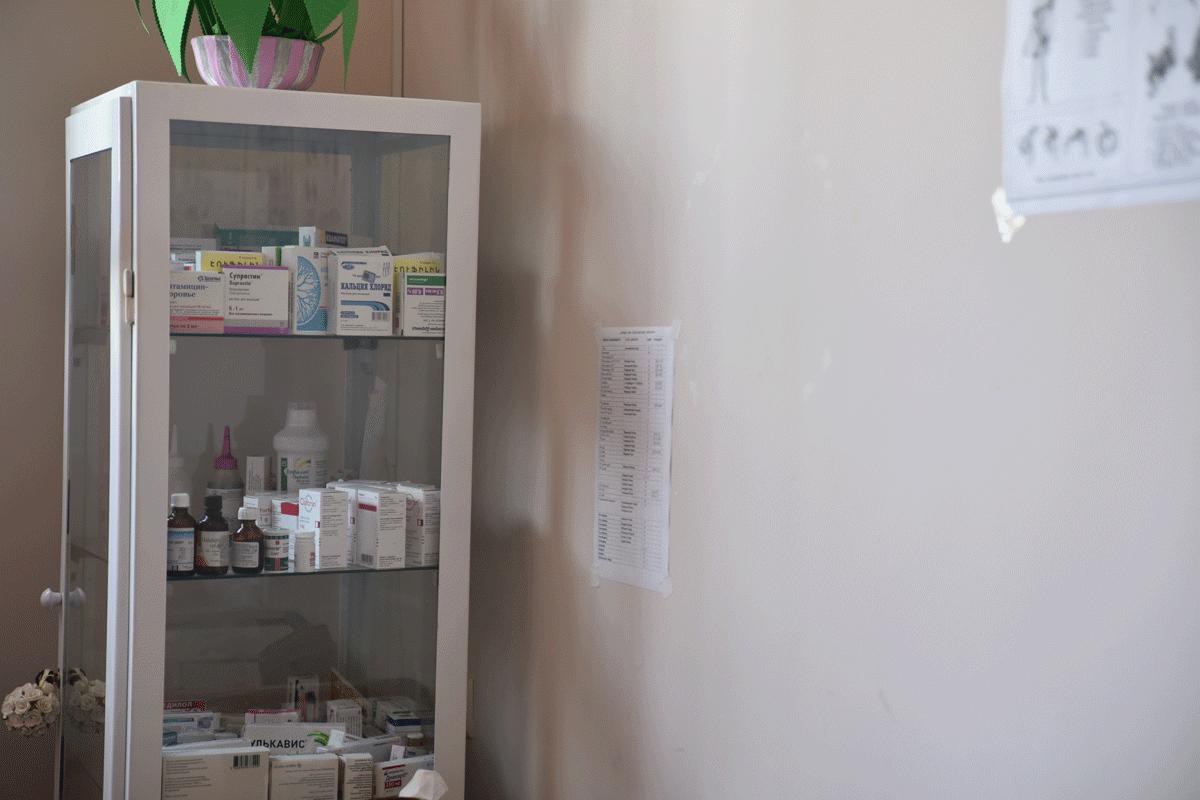
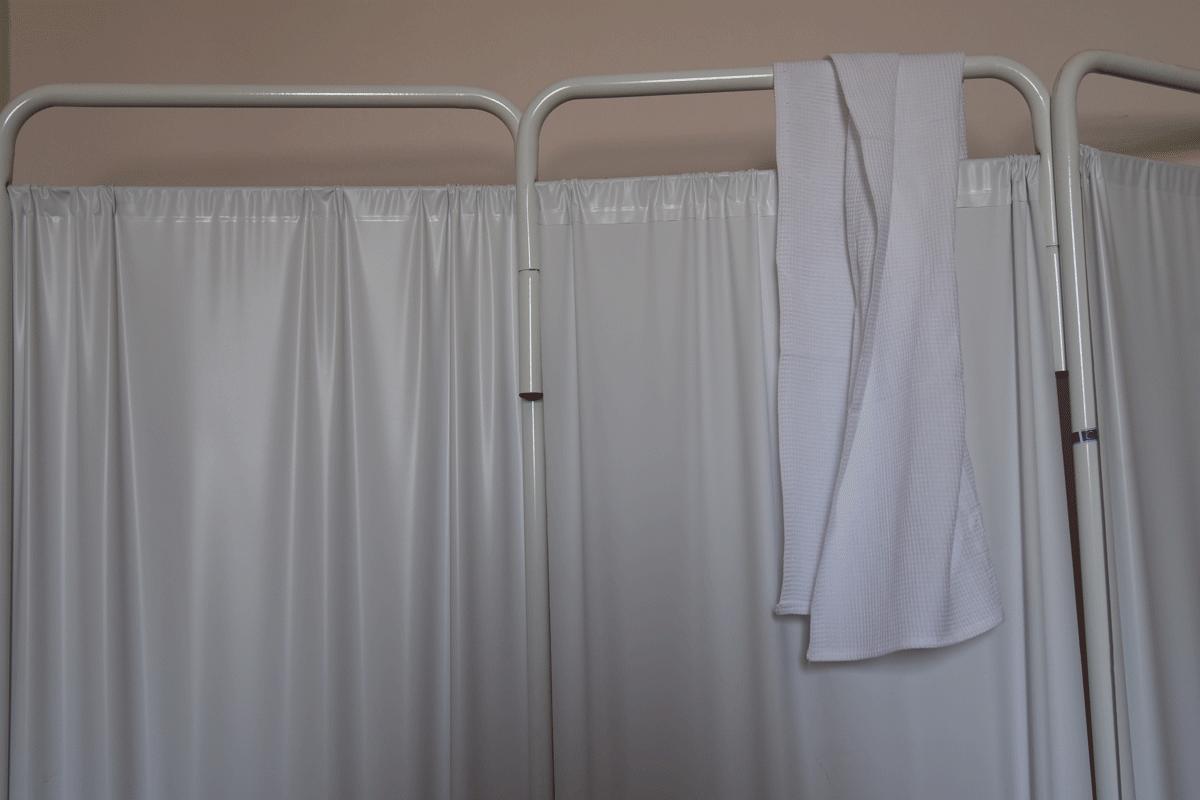
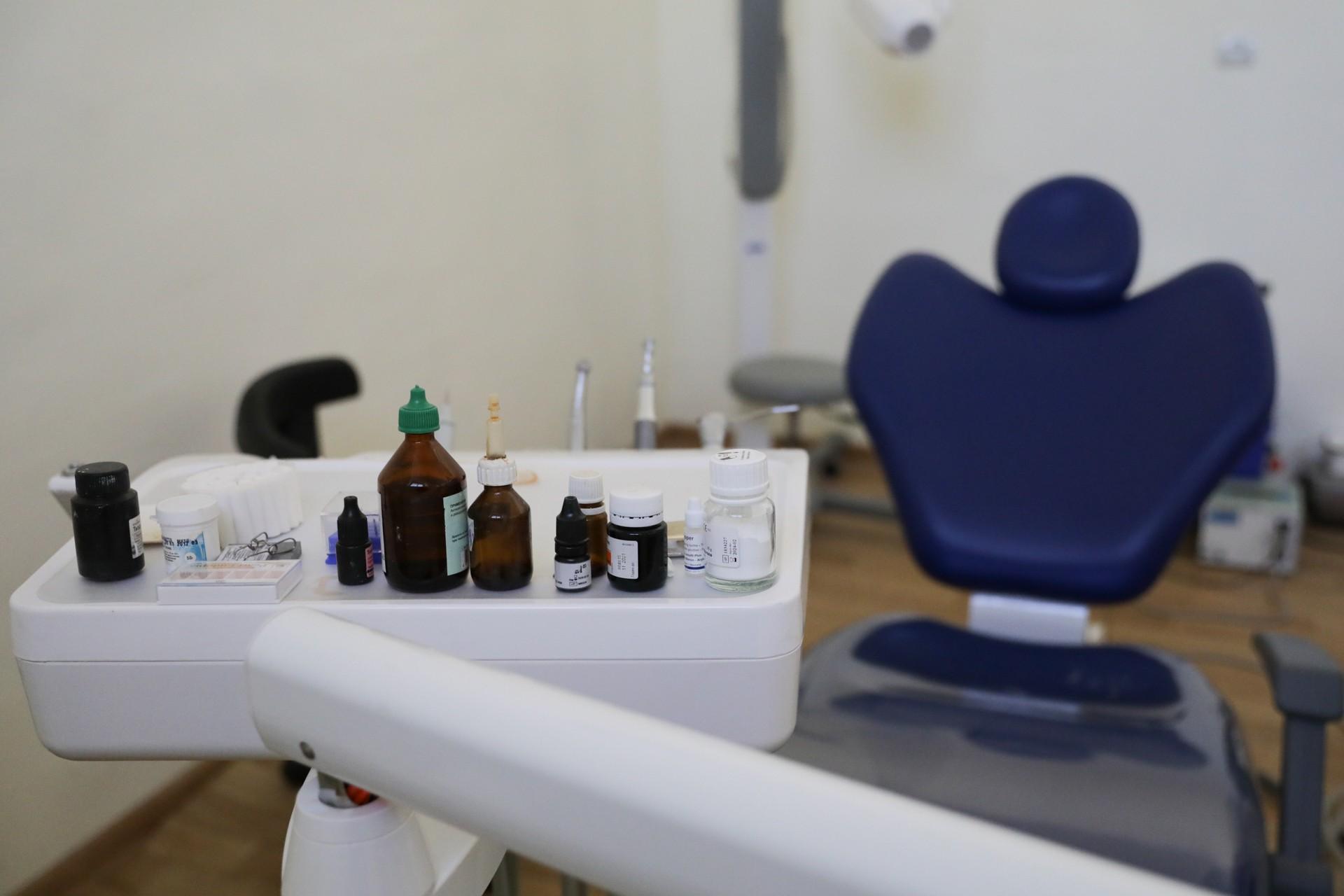
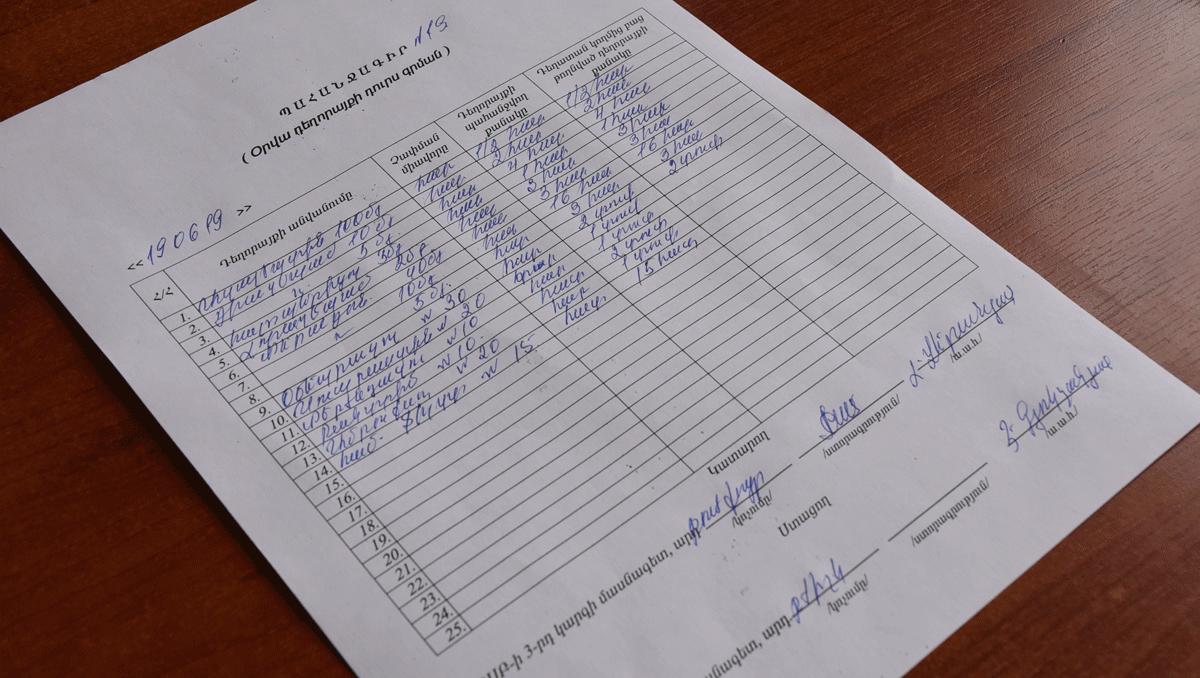
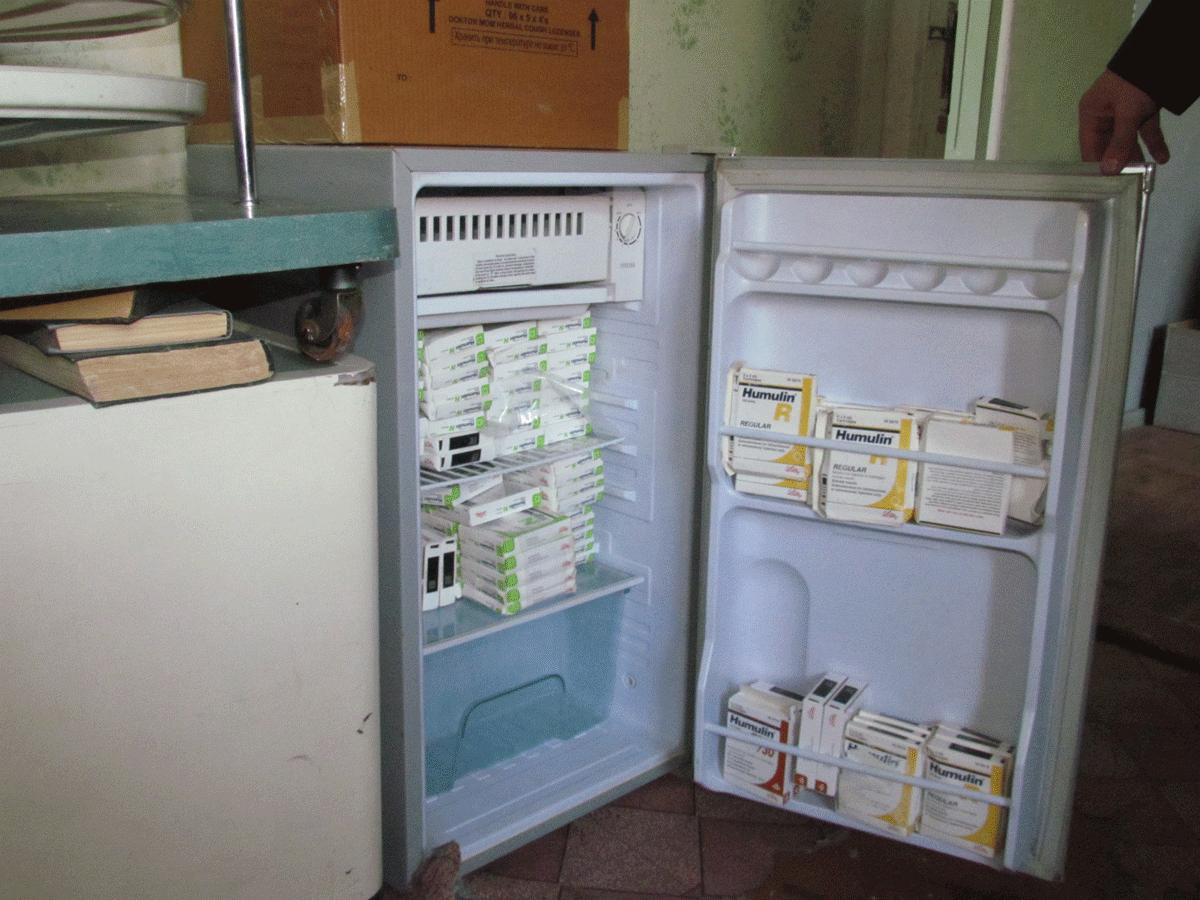
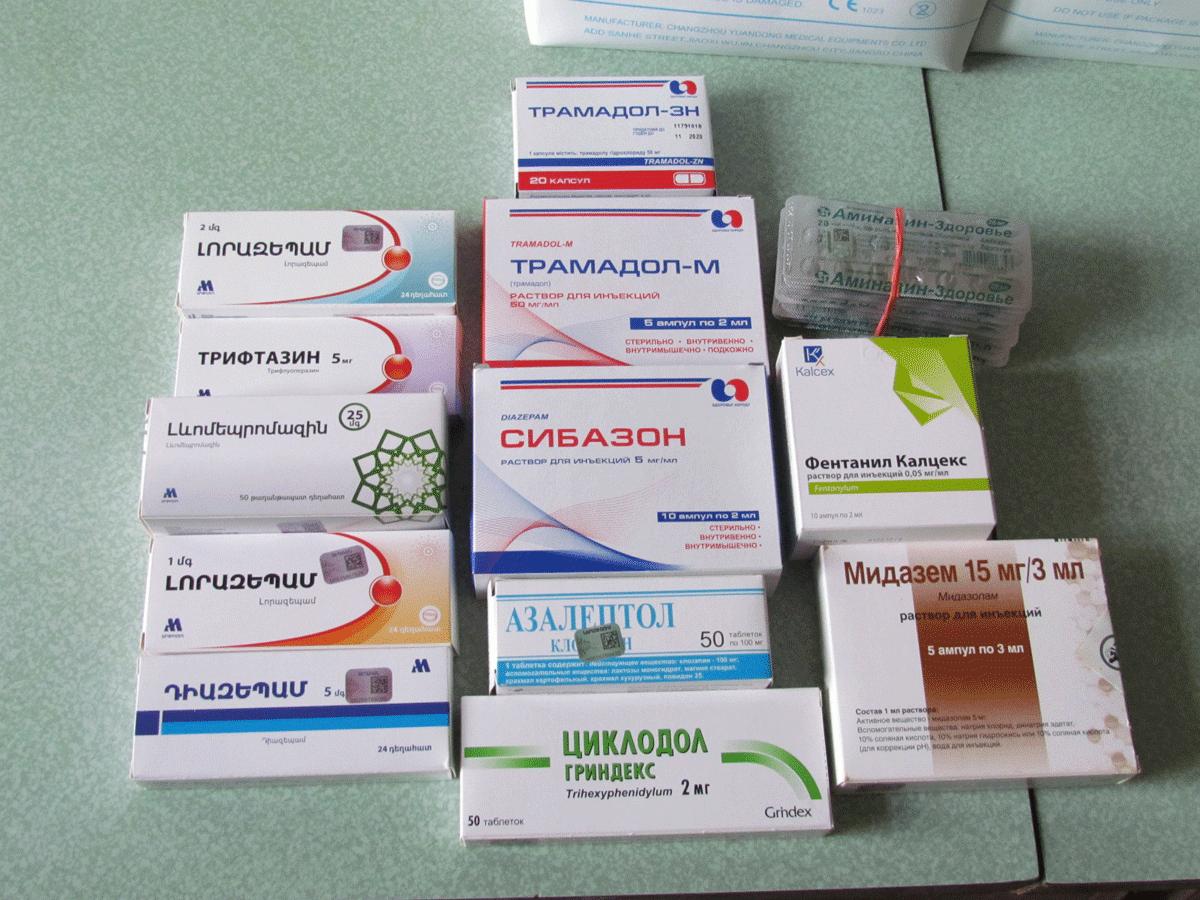
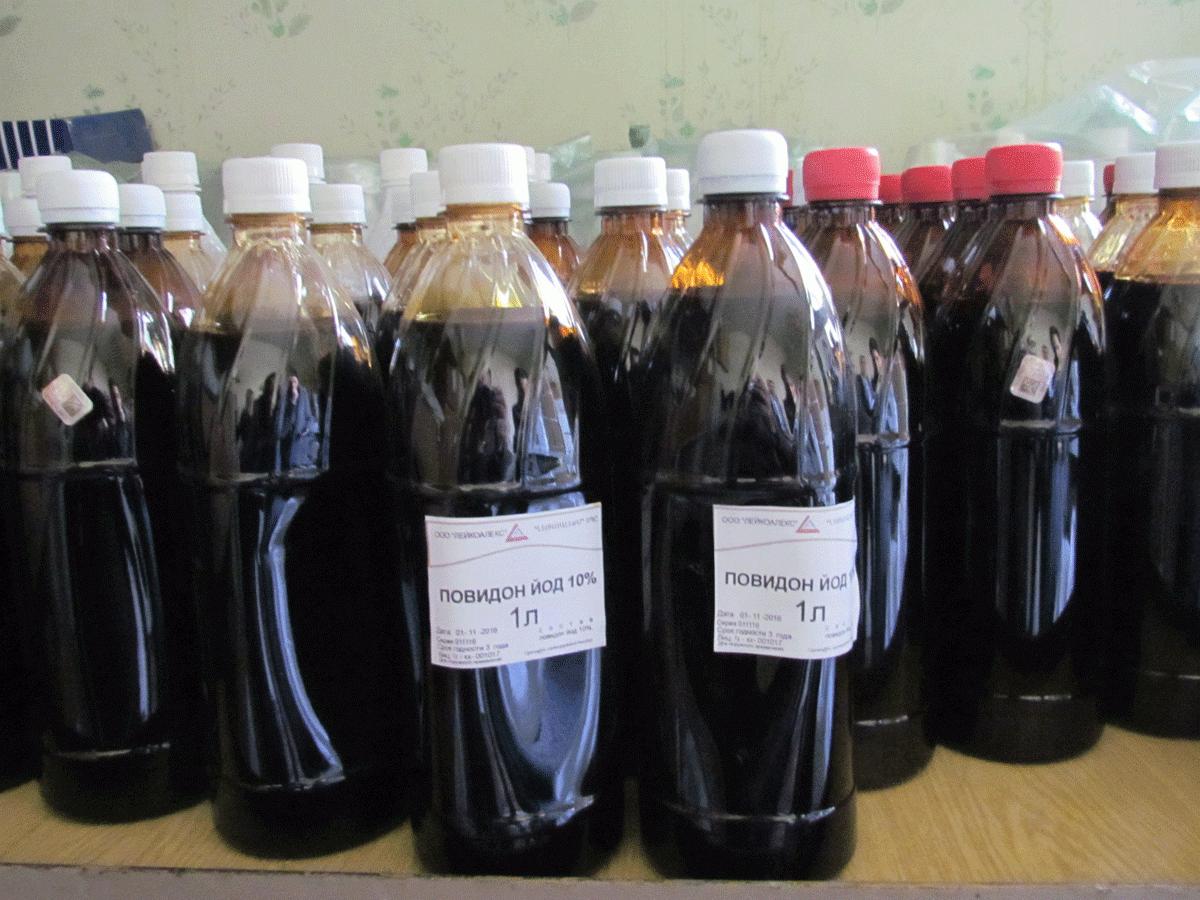
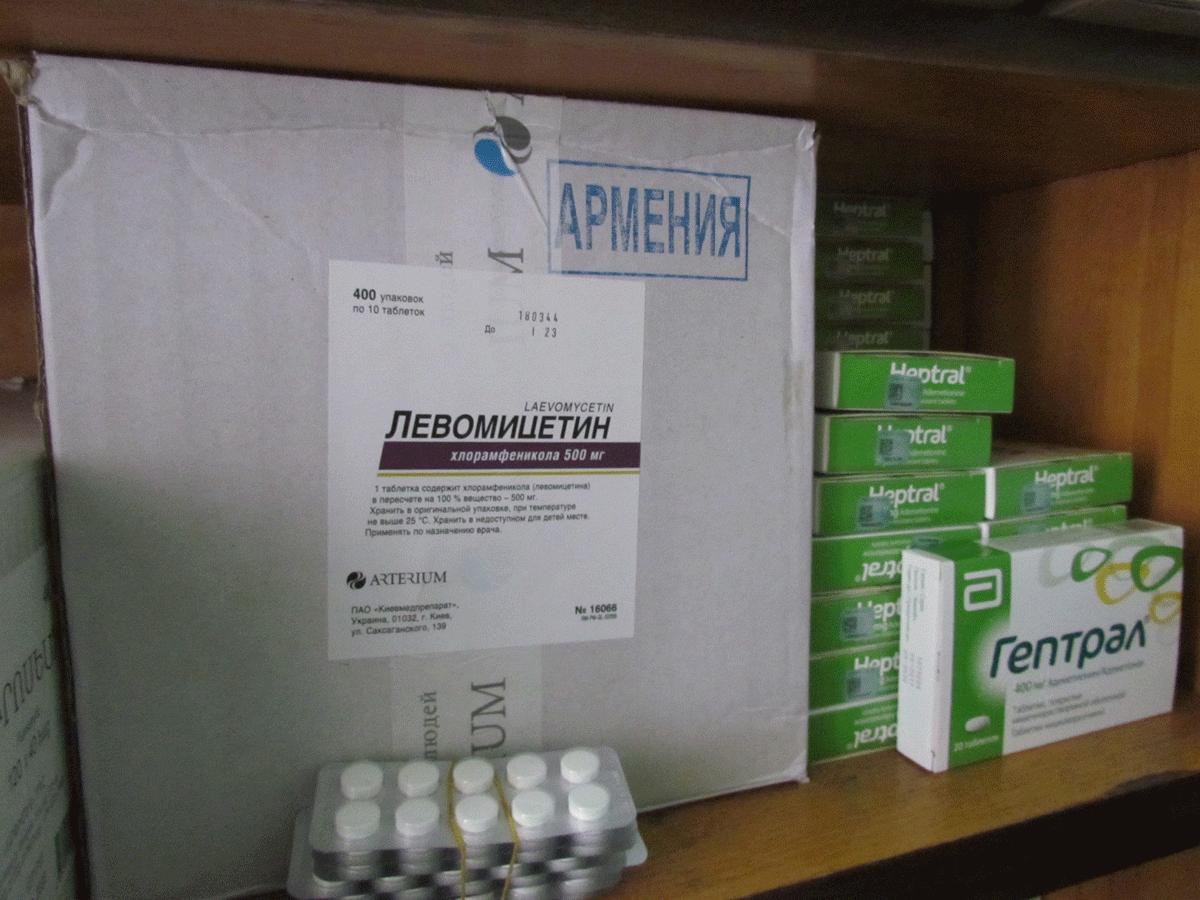
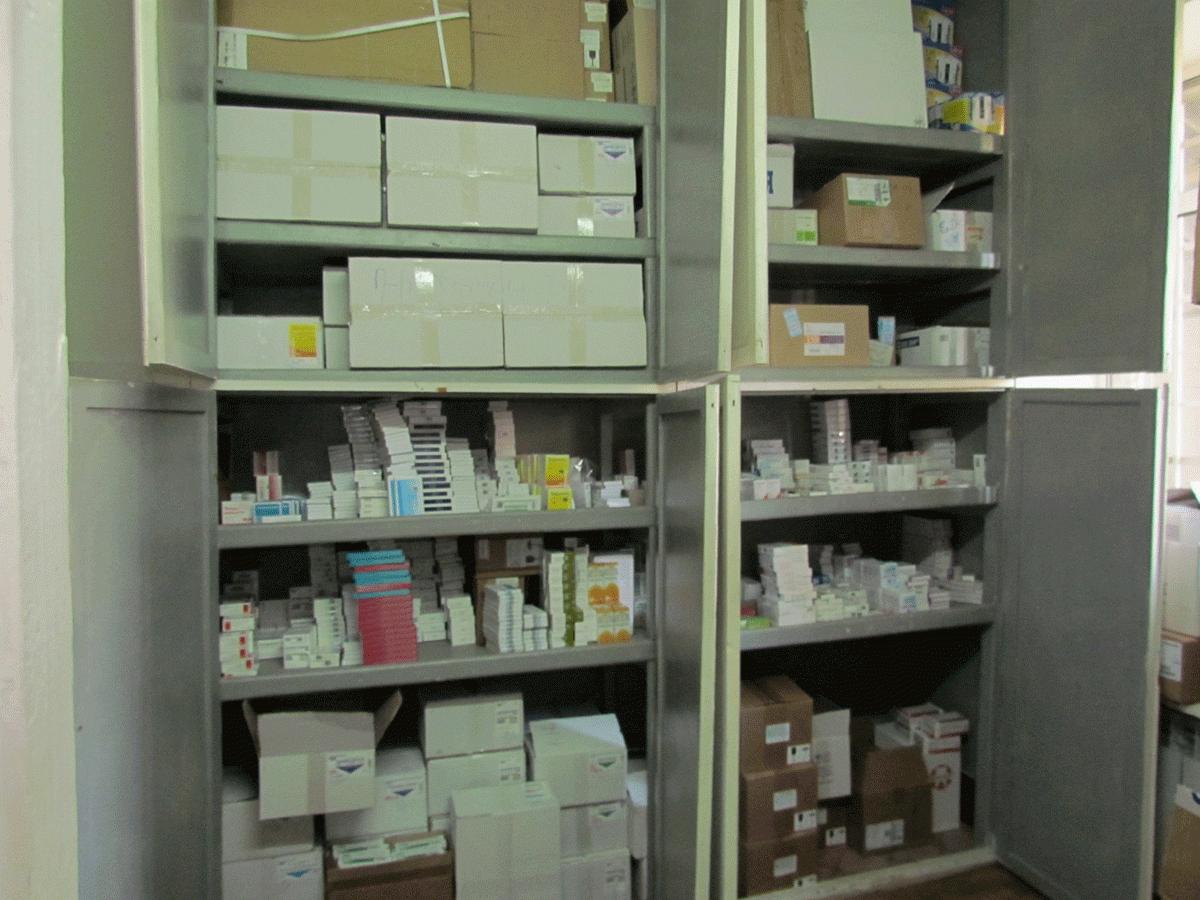
Write a comment